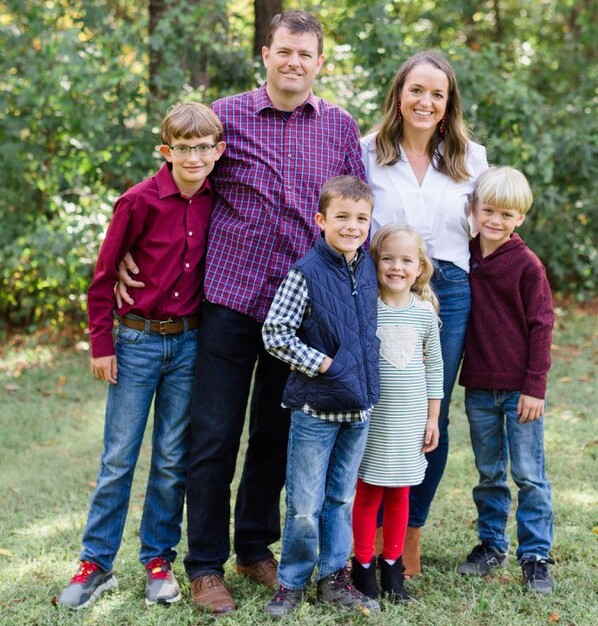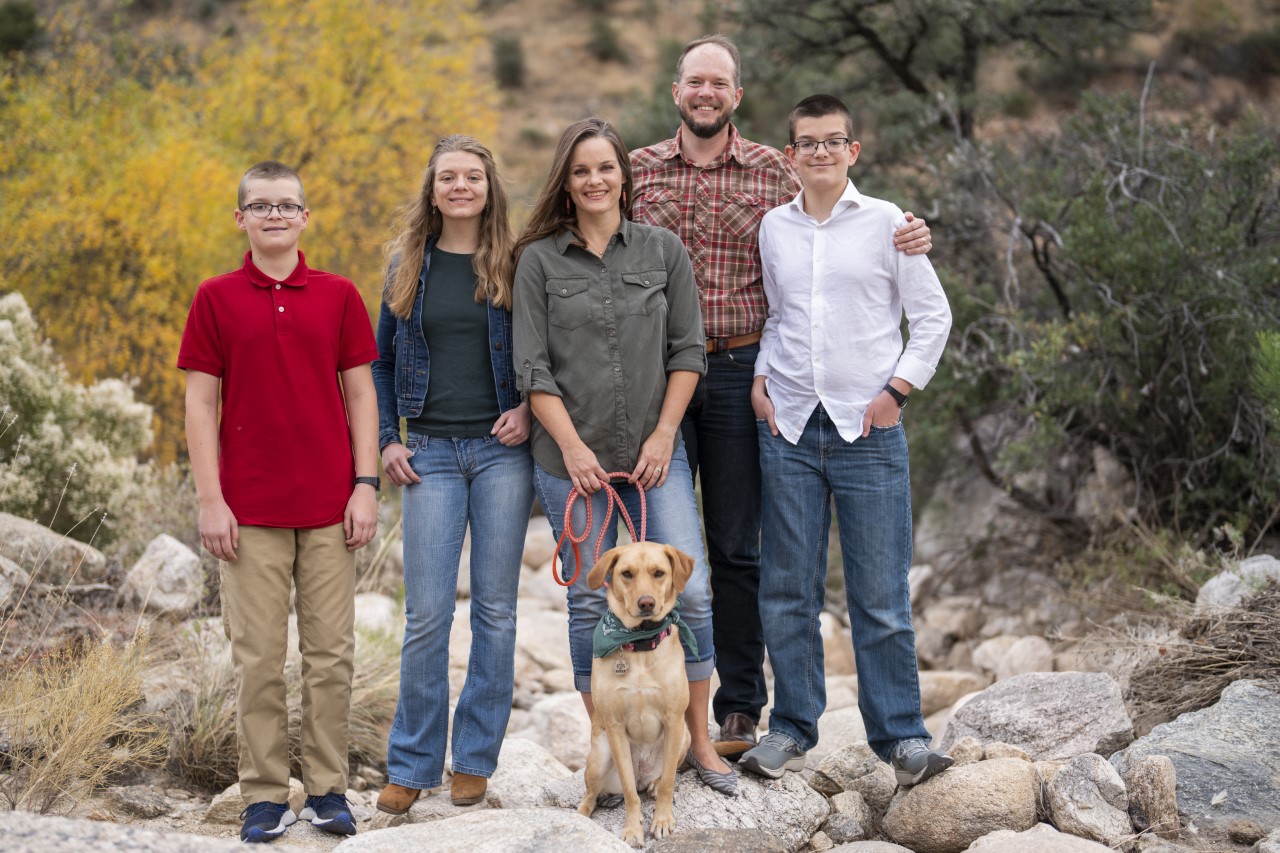- Beginning with 11 students in 1997, the homeschool curriculum Classical Conversations now has over 140,000 students enrolled across 50 countries.
- Homeschooling has blossomed in recent years in North Carolina due to changes brought about by the COVID-19 pandemic.
- Outside the U.S., the countries where Classical Conversations is most popular include Brazil, Russia, and Canada.
One of the world’s top homeschooling curriculums is homegrown right here in North Carolina — and demand for it has only increased since the pandemic, as more families flock to home education.
Leigh Bortins created the curriculum Classical Conversations in the 1990s out of a desire to find a community-centered homeschool support group for her own children. Because one didn’t exist at the time, Bortins decided to create one herself.
Beginning with 11 students in the basement of her Winston-Salem home in 1997, Bortins’ group soon grew to a waiting list of 300 kids. That’s when she knew she was on to something with her instructional approach centered on a classical Christian education. Her husband quit his full-time job, and the couple decided to make a go of starting a business.
A big step forward for Classical Conversations came in 2005, when the Bortins family moved to Southern Pines and bought 70 acres of property to build a sprawling 14,000 square foot headquarters and warehouse.
Fast forward to today: Classical Conversations is used by over 140,000 students in the United States alone. The curriculum is in 50 countries globally.
How it works
The nonprofit group North Carolinians for Home Education estimates the total homeschool population in the state now stands at 201,808 students. The official numbers from the Division of Non-Public Education put the figure at 160,528 students for the 2021-2022 school year. Even at this smaller number, homeschool students now outnumber enrollments in the state’s two largest public school districts — Wake County Public Schools and Charlotte-Mecklenburg Schools.
Classical Conversations is major part of that growth. The curriculum is based in the classical method of Christian instruction — oriented toward the liberal arts and reading the classic works of history. It’s designed to foster a lifelong love of learning in children.
“People think we developed this curriculum, but really we didn’t develop it. It’s classical. It’s already what everybody did. I just read the right books and copied it,” Bortins said in a sit-down interview with Carolina Journal in Southern Pines.
Classical Conversations is divided up into small micro groups of around eight families, led by one facilitator couple, and meeting once a week for a day of classes.
Part of what makes Classical Conversations appealing to budget-conscious homeschool families is the price — $500 annually for under age eight, $1,000 for eight to 12, and $1,500 for 12 to 18.
Global reach, religious freedom
Part of the mission of Classical Conversations is to empower parents to raise their children in a shared Christian faith. Bortins points to recent statistics showing that Generation Z — today’s teens and young adults — is the first generation in history where those who profess no religious affiliation outnumber self-professed Christians.
“The rest of the world believes education is about knowing me and making me known. There is a loss of identity there, if you’re only into yourself — not your family, not Christ, not even as an American,” Bortins said. “We feel that has got a lot to do with the downfall culturally, is that everyone is about me, me, me.”
Bortins also thinks globally. Among the 50 nations where the curriculum is present, Brazil, Russia, and Canada top the list. The curriculum is being translated into Portuguese, Russian, Spanish, and Mandarin. Interestingly, some of their strongest growth has been in Central and South America, according to Bortins.
“All these years I always kind of thought Africa would be the next big wave of Christianity. But south in South America, those people are rising up,” she said. “It’s really interesting to see their desire for free markets and for Christian faith.”
What about countries where homeschooling is illegal? Bortins points to Germany as an example. There, a workaround was possible for U.S. military families.
“Early on, the colonels of the bases got together with the German government and said, ‘We’re homeschooling. You need to make this legal on the American bases.’ So, we’ve had a large number of students in Germany for about 15 years now.”
Families who benefit
Doug and Emily Philip and their four children are an example of a homeschool family who has benefited from Classical Conversations. Emily is a former N.C. Teaching Fellow at UNC in elementary education, and she had every intention of sending her kids to public school. But she realized that she could provide a better education at home and also impart moral values and character. She encountered Classical Conversations and “fell in love” with the approach.
“Modern education developed largely out of a need to educate the masses,” Emily shared. “Because of that base need, many of the beautiful parts of education are just completely lost. I know most people go through modern education and turn out just fine — I did — but understanding the classical model makes me so excited to have it to offer my children.”

Matt and Charity Miner and their three children are another family that has benefited. The family has been enrolled in Classical Conversations for 12 years. They’ve found added help and support for one of their children, who has special needs.
“I liked the one-day-a-week commitment, the social and community support, and the classroom training for my children but now I love how we’re all learning in a community that is intentionally educating to teach the Transcendentals — beauty, truth, and goodness,“ said Charity.
